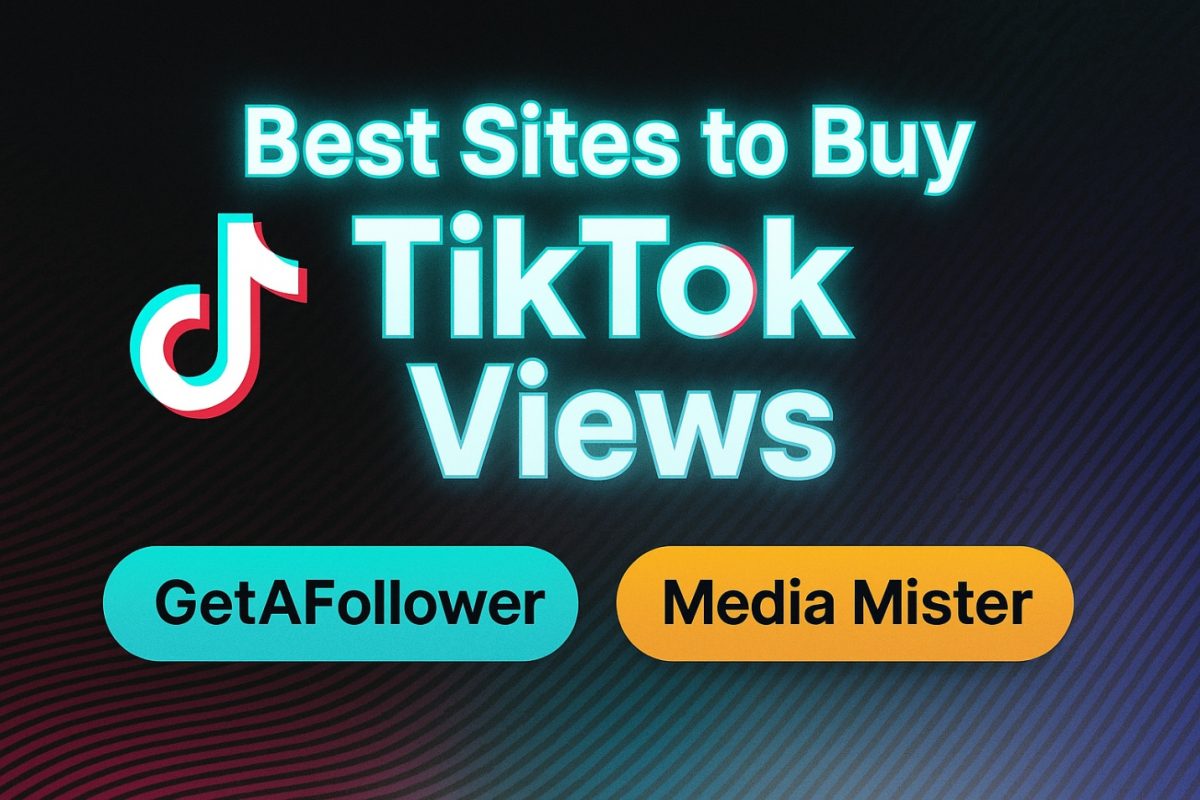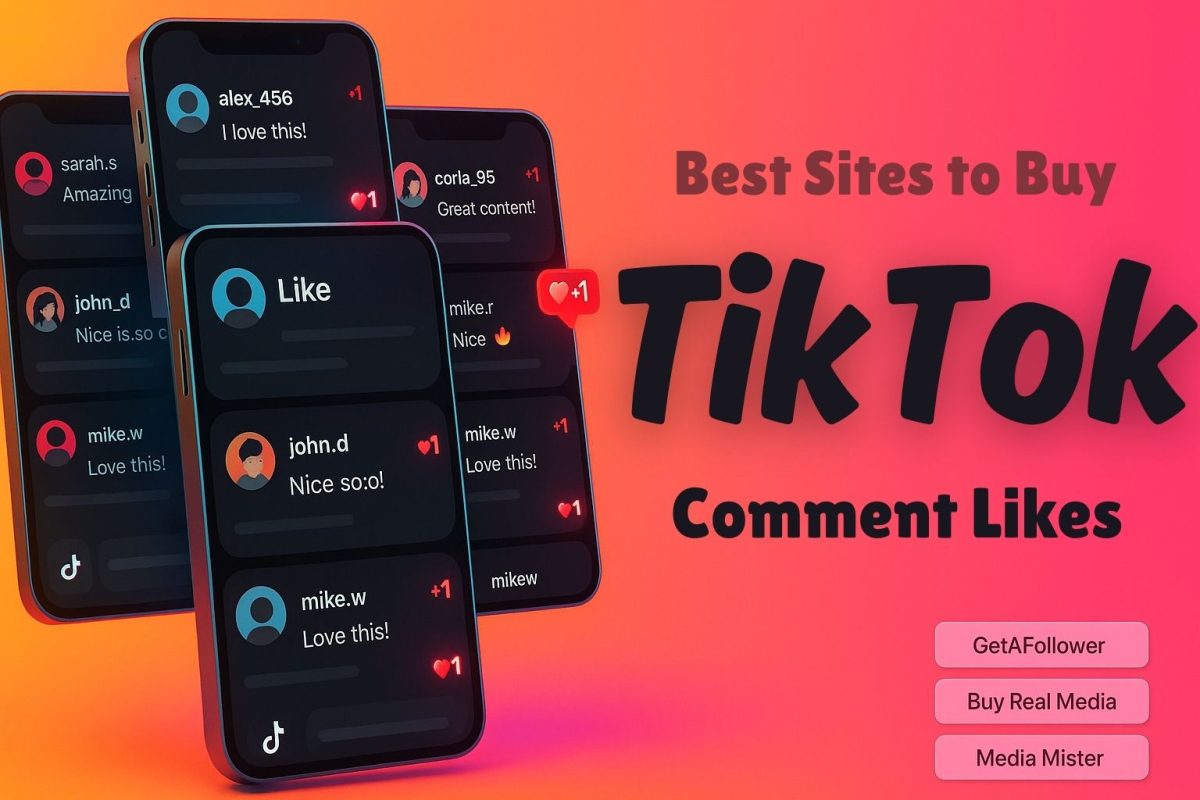Governance tokens are digital assets that grant holders the power to influence decisions within decentralized systems. They represent a shift from traditional decision-making, enabling stakeholders to propose, vote on, and implement changes directly through blockchain technology. This innovation enhances transparency and democratizes control, marking a significant evolution in organizational governance. Every investor is here to make some value out of their portfolio but not everyone makes it! Go https://immediateiplex.com to learn from professionals and make solid investments.
The Role of Governance Tokens in Decentralized Autonomous Organizations (DAOs)
Governance tokens play a crucial role in DAOs, which are entities governed by smart contracts on a blockchain rather than by centralized authorities. In a DAO, governance tokens empower participants to engage in decision-making processes. For instance, holders of Compound’s COMP tokens can vote on protocol upgrades or changes to governance policies. Similarly, MakerDAO’s MKR token holders influence the stability of the DAI stablecoin by voting on collateral types and risk parameters. The primary advantage of this model is the decentralization of power, which can reduce bias and increase transparency. However, DAOs also face challenges such as voter apathy and the potential for decisions to be swayed by a small number of large token holders.
Mechanisms of Voting with Governance Tokens
Governance tokens enable various voting mechanisms, including direct and delegated voting. In direct voting, token holders vote on proposals directly, with each token usually representing one vote. For instance, in the MakerDAO system, MKR holders directly vote on governance proposals affecting the protocol.
Delegated voting, on the other hand, allows token holders to delegate their voting power to representatives or entities they trust. This model is used by platforms like Polkadot, where DOT token holders can elect validators who then vote on their behalf. Voting power can be weighted by the number of tokens held, influencing the voting outcome. Smart contracts automate the voting process, ensuring transparency and security. However, they also introduce risks related to smart contract bugs or vulnerabilities.
Benefits of Governance Tokens in Voting
Governance tokens offer several benefits over traditional voting systems. They enhance transparency by recording all voting activities on the blockchain, making it publicly accessible and immutable. This transparency helps to mitigate issues like vote tampering and corruption.
Decentralization is another significant advantage. By distributing voting power among a broad base of stakeholders, governance tokens reduce the risk of centralized control and promote a more democratic decision-making process. Additionally, token-based voting encourages active participation from stakeholders, as they have a vested interest in the outcomes due to their financial stake in the project.
Challenges and Risks in Token-Based Voting Systems
Despite their benefits, governance tokens face several challenges. Security is a primary concern; vulnerabilities in smart contracts can be exploited, leading to potential manipulation of voting outcomes. Historical incidents, such as the DAO hack in 2016, highlight the risks associated with smart contract security.
Token concentration poses another challenge. If a small number of entities or individuals hold a majority of the tokens, they can disproportionately influence decisions, undermining the democratic nature of the system. Furthermore, regulatory and legal issues can arise, as traditional legal frameworks may not fully address the complexities of decentralized governance.
Future Trends and Innovations in Governance Token Voting
The future of governance tokens in voting is likely to be shaped by emerging technologies and evolving practices. Innovations such as Layer 2 scaling solutions could improve the efficiency and scalability of voting systems. Zero-knowledge proofs may enhance privacy while maintaining transparency. Additionally, governance tokens are expected to see increased adoption in various sectors, including corporate governance and public policy, as organizations seek more decentralized and transparent decision-making processes.
Predictions suggest that governance models will continue to evolve, potentially integrating more sophisticated voting mechanisms and combining traditional and blockchain-based approaches to address existing limitations.
Conclusion
Governance tokens represent a transformative development in the realm of voting and decision-making. They offer increased transparency, decentralization, and stakeholder engagement compared to traditional systems. However, they also face significant challenges, including security concerns and the risk of token concentration. As technology advances, the future of governance tokens will likely involve greater innovation and adoption across various sectors, contributing to more democratic and efficient decision-making processes. The evolution of governance tokens promises a significant impact on how organizations and communities govern themselves, potentially reshaping democratic practices in the digital age.



























































































































